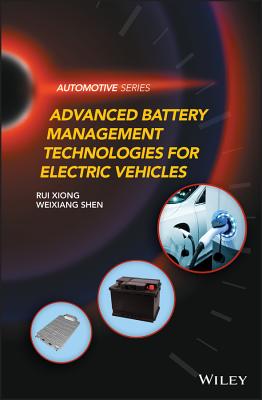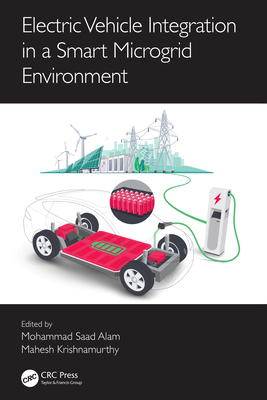Deep Reinforcement Learning-based Energy Management for Hybrid Electric Vehicles
暫譯: 基於深度強化學習的混合電動車能源管理
Li, Yeuching, He, Hongwen
- 出版商: Morgan & Claypool
- 出版日期: 2022-02-14
- 售價: $1,930
- 貴賓價: 9.5 折 $1,834
- 語言: 英文
- 頁數: 136
- 裝訂: Quality Paper - also called trade paper
- ISBN: 1636393012
- ISBN-13: 9781636393018
-
相關分類:
Reinforcement、DeepLearning
海外代購書籍(需單獨結帳)
相關主題
商品描述
The urgent need for vehicle electrification and improvement in fuel efficiency has gained increasing attention worldwide. Regarding this concern, the solution of hybrid vehicle systems has proven its value from academic research and industry applications, where energy management plays a key role in taking full advantage of hybrid electric vehicles (HEVs). There are many well-established energy management approaches, ranging from rules-based strategies to optimization-based methods, that can provide diverse options to achieve higher fuel economy performance. However, the research scope for energy management is still expanding with the development of intelligent transportation systems and the improvement in onboard sensing and computing resources. Owing to the boom in machine learning, especially deep learning and deep reinforcement learning (DRL), research on learning-based energy management strategies (EMSs) is gradually gaining more momentum. They have shown great promise in not only being capable of dealing with big data, but also in generalizing previously learned rules to new scenarios without complex manually tunning.
Focusing on learning-based energy management with DRL as the core, this book begins with an introduction to the background of DRL in HEV energy management. The strengths and limitations of typical DRL-based EMSs are identified according to the types of state space and action space in energy management. Accordingly, value-based, policy gradient-based, and hybrid action space-oriented energy management methods via DRL are discussed, respectively. Finally, a general online integration scheme for DRL-based EMS is described to bridge the gap between strategy learning in the simulator and strategy deployment on the vehicle controller.
商品描述(中文翻譯)
對於車輛電氣化和燃油效率提升的迫切需求在全球範圍內獲得了越來越多的關注。針對這一問題,混合動力車系統的解決方案已在學術研究和行業應用中證明了其價值,其中能源管理在充分利用混合電動車(HEVs)方面扮演著關鍵角色。已有許多成熟的能源管理方法,從基於規則的策略到基於優化的方法,這些方法提供了多樣的選擇以實現更高的燃油經濟性能。然而,隨著智能交通系統的發展以及車載感測和計算資源的改善,能源管理的研究範疇仍在不斷擴展。由於機器學習的蓬勃發展,特別是深度學習和深度強化學習(DRL),基於學習的能源管理策略(EMSs)的研究逐漸獲得更多的動力。這些策略不僅能夠處理大數據,還能將先前學習的規則泛化到新的場景,而無需複雜的手動調整。
本書專注於以DRL為核心的基於學習的能源管理,首先介紹DRL在HEV能源管理中的背景。根據能源管理中的狀態空間和行動空間類型,識別典型的基於DRL的EMSs的優勢和限制。隨後,分別討論基於價值的、基於策略梯度的以及混合行動空間導向的DRL能源管理方法。最後,描述了一個基於DRL的EMS的一般在線整合方案,以彌合模擬器中的策略學習與車輛控制器上的策略部署之間的差距。






















